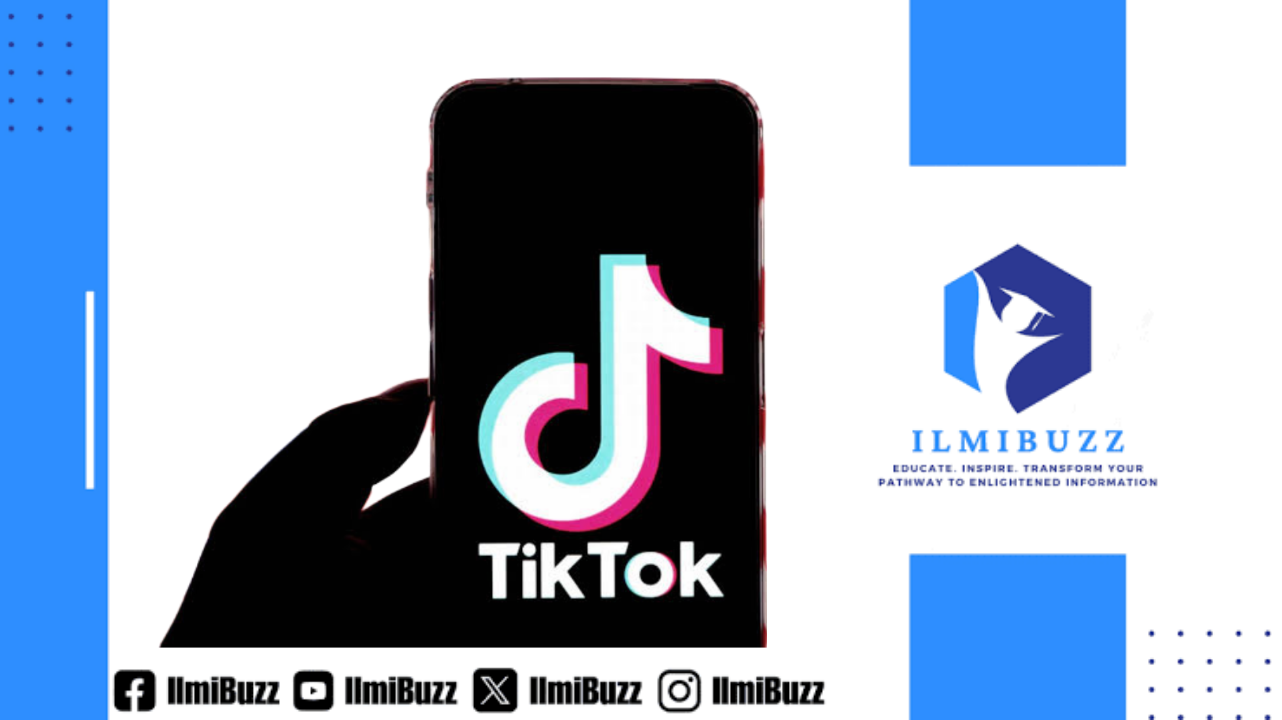TikTok & U.S Clash. In recent years, TikTok has grown from a niche social media platform to a global phenomenon. However, in the United States, the app has been the subject of intense scrutiny, leading to discussions about a potential ban. This article dives into the reasons behind these concerns, the legal and political implications, and what it means for users and businesses.
Why TikTok Is Under Fire
TikTok, owned by Chinese tech company ByteDance, has faced allegations of compromising user privacy and posing national security risks. Critics argue that the Chinese government could access U.S. user data, given China’s strict laws that require companies to share information with authorities upon request.
This concern has been amplified by TikTok’s massive user base in the U.S., with over 150 million active users as of 2024. From teenagers sharing viral dance trends to businesses leveraging the platform for marketing, TikTok’s influence is undeniable.
The Legal and Political Debate
U.S. Government Actions
The U.S. government has taken steps to address these concerns. Under former President Donald Trump, an executive order was issued in 2020 to ban TikTok unless its U.S. operations were sold to an American company. While this effort stalled due to legal challenges, the Biden administration has continued to explore similar measures.
In 2023, several state governments and federal agencies banned the use of TikTok on government devices, citing security risks. Congress has also debated broader legislation that could restrict TikTok’s operations nationwide.
The Role of CFIUS
The Committee on Foreign Investment in the United States (CFIUS) has been central to discussions. The agency is reviewing ByteDance’s ownership of TikTok, pushing for either a divestment or a complete ban if security concerns cannot be mitigated.
Impact on Users and Businesses
A TikTok ban would disrupt millions of users who rely on the app for entertainment, social connections, and even income. Influencers, content creators, and small businesses use the platform to reach audiences and generate revenue.
For marketers, TikTok’s unique algorithm, which surfaces content based on user preferences rather than follower count, has been a game-changer. Losing access to this platform could push advertisers toward alternatives like Instagram Reels, YouTube Shorts, and Snapchat Spotlight.
Privacy and Security Measures
In an attempt to address U.S. concerns, TikTok has introduced measures like Project Texas, which aims to store U.S. user data domestically on servers managed by Oracle. ByteDance has also promised greater transparency in its operations. However, critics argue that these efforts may not be enough to fully eliminate risks.
Global Implications
The U.S. isn’t the only country scrutinizing TikTok. India banned the app in 2020, citing similar security concerns. Other nations, including Australia and the EU, are also evaluating TikTok’s data practices, reflecting a global trend of tightening digital regulations.
Also Read: Nanny JobsWhat’s Next?
The future of TikTok in the U.S. remains uncertain. A complete ban would face significant legal challenges, while a forced divestment could take years to implement. In the meantime, TikTok users and businesses should prepare for potential disruptions by diversifying their social media strategies.
Conclusion
The debate over TikTok’s presence in the U.S. is more than just a question of data privacy; it reflects broader tensions between the U.S. and China in technology and trade. As the situation evolves, staying informed and adaptable will be key for those who rely on the platform.
